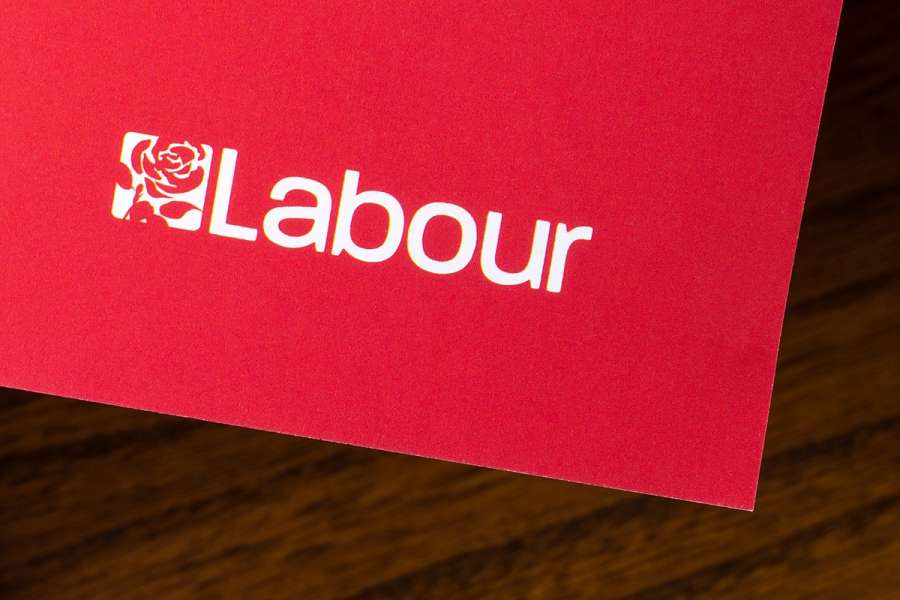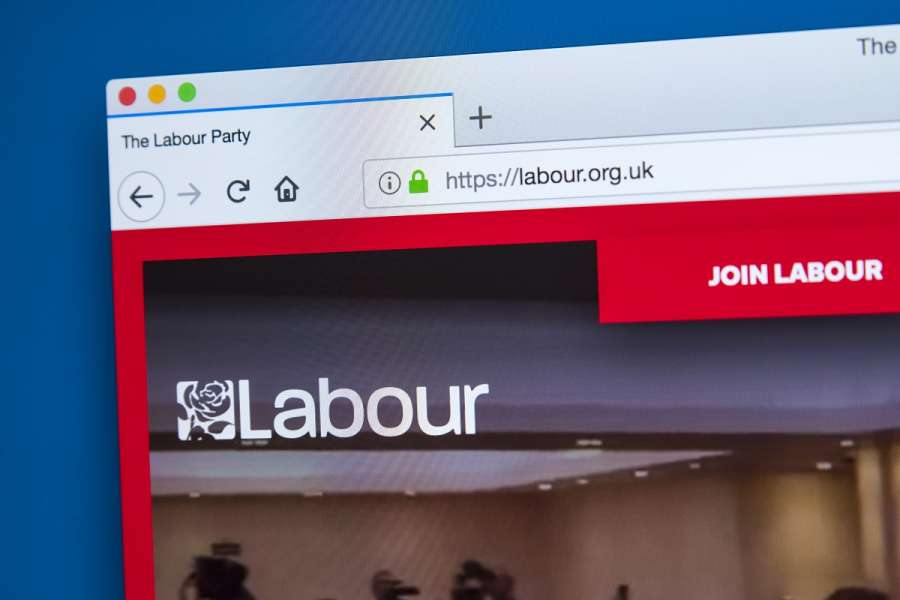In her speech, Angela Rayner confirmed many of Labour’s extensive proposals for reform, with a key focus on trade unions:
Trade Unions
Angela Rayner stated that a “loud and clear” message had been sent that the next Labour government will seek to rapidly repeal several “anti-trade union” laws, including the Strikes (Minimum Service Levels) Act 2023 passed earlier this year and the Trade Unions Act 2016, which introduced minimum turnout requirements for votes on industrial action.
In addition, the Labour Party have promised to introduce a new right for trade union officials to meet, represent, recruit and organise members.
Labour proposes to also introduce updated regulations on blacklisting and give trade unions the right to access workplaces for the purposes of union business, as they can in Australia, New Zealand and the Nordic states.
It would simplify the process for obtaining statutory trade union recognition to enable gig economy and remote workers to meaningfully organise through trade unions.

Other Measures
Angela Rayner also referred to Labour’s plans to:
- Ban ‘fire and rehire’ - Labour plans to ban ‘fire and rehire’ practices (where an employee is dismissed and immediately re-engaged on new terms) by improving consultation procedures and adapting unfair dismissal and redundancy legislation. They will also ensure that notice and ballot requirements on trade union activity do not prevent defensive action to protect the terms and conditions of employment.
- Living wage – She mentioned that Labour intends to introduce “a proper living wage that people can actually live on”, which may suggest significant increases to National Minimum Wage rates.
- Change rules around sick pay - Labour plan to improve statutory sick pay entitlements to ensure that workers do not “have to choose between their health and financial hardship”. They plan to make it available to all workers, including the lowest earners, from day one of employment.
- Ban zero-hours contracts – Labour’s plans to ban zero-hours contracts are aimed at ending “one-sided flexibility”.
- Support family-friendly working – Labour plan to give workers a new right enabling them to disconnect from work outside of working hours and to not be contacted by their employer during these hours.
Additional measures referred to in the speech included ending the gender pay gap more swiftly, addressing unequal pay, tackling sexual harassment at work and putting mental health on a par with physical health.






